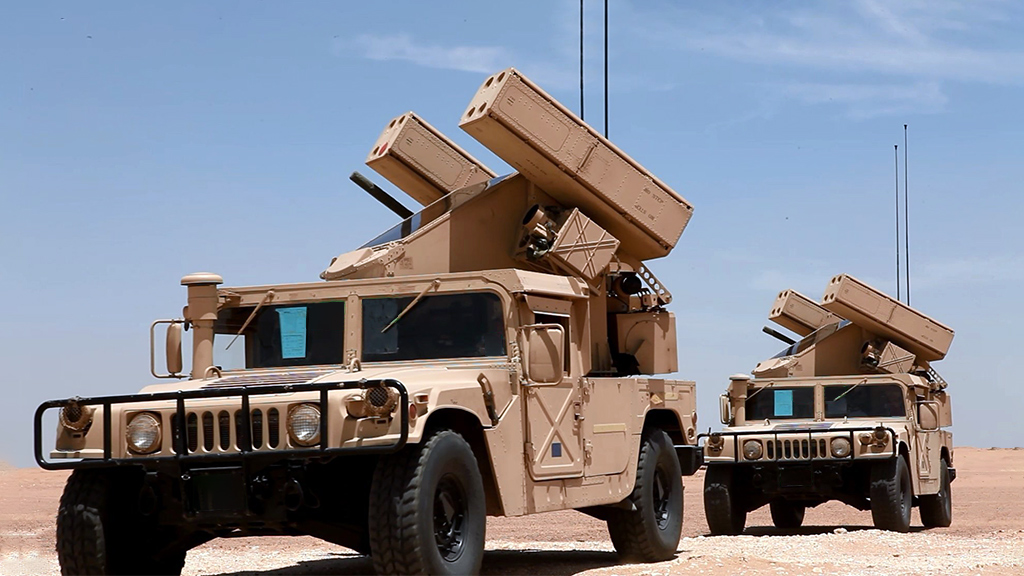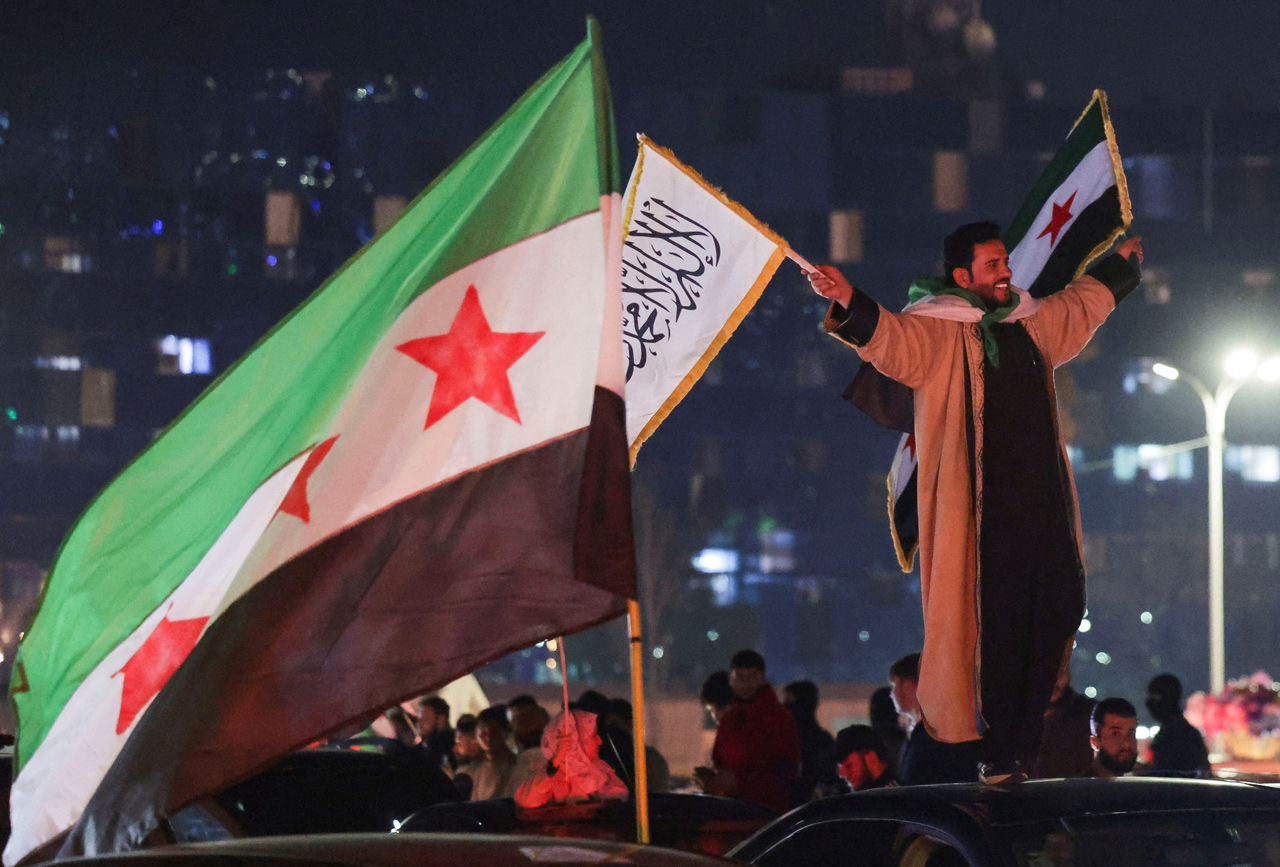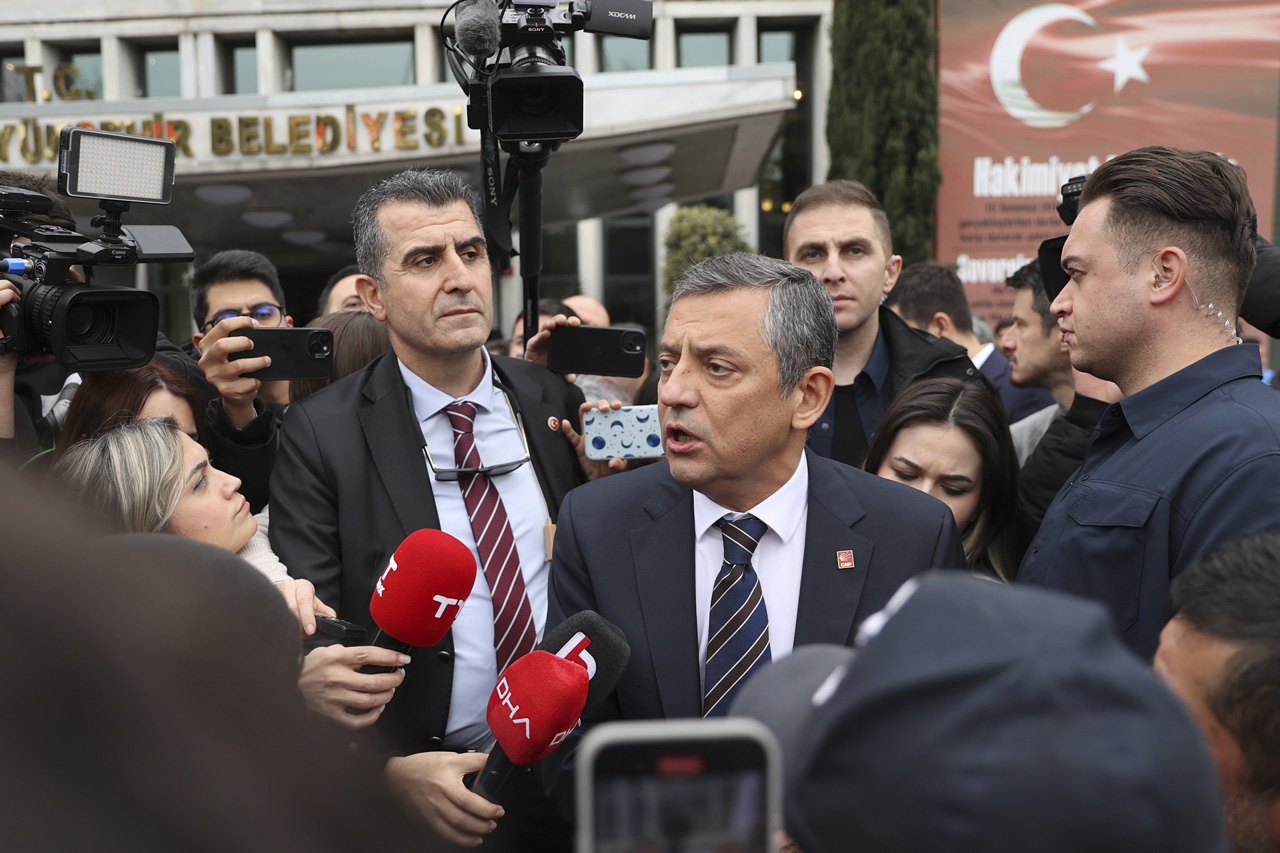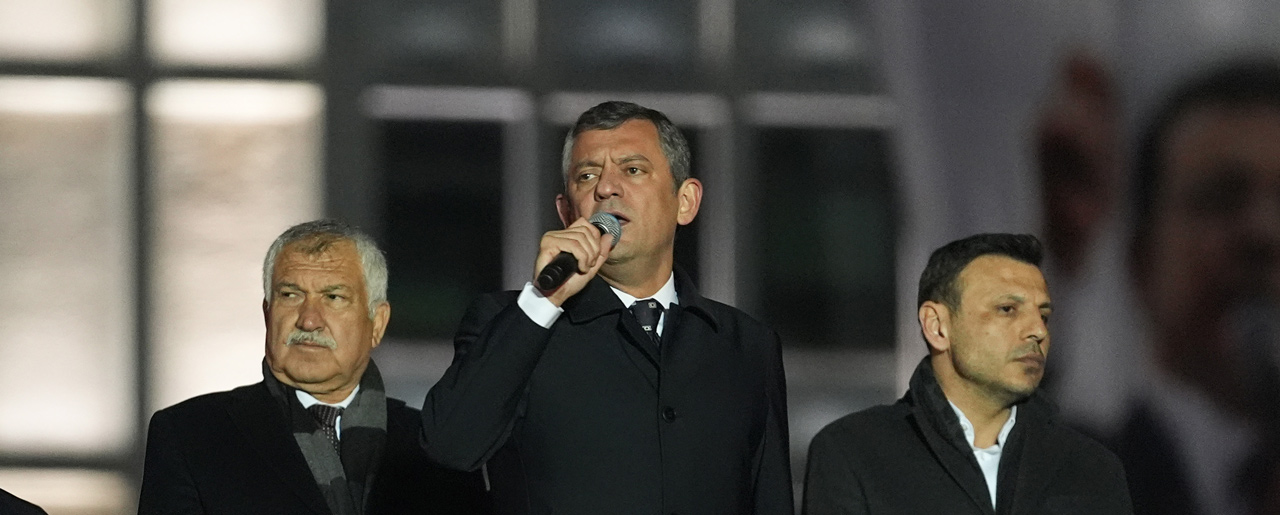The press circulated a report in November 2023 that the United States (US) would provide the terrorist organization PKK/PYD with short and medium-range air defense systems. The same reports stated that around 80 PKK terrorists were being trained. Last week, the US Central Command (CENTCOM) delivered a short-range air defense system, known as Avenger, to the PKK/PYD. This process will probably continue with medium-range air defense systems.
At this point, it will be timely to underline a few issues that the devil says "see" and produce an analysis of them. However, it would be appropriate to first remember what the Avenger Stinger air defense system is.
What kind of a system is Avenger?
Avenger is a short-range "packed" system consisting of eight Stinger missiles in 2 launchers mounted on a vehicle, a fire control system, radar, an anti-aircraft machine gun, and a power supply. When the system's radar displays the target on the screen, it can automatically lock on to the target or the operator can select the target and fire. The radar-guided launchers and an anti-aircraft machine gun can fire at air targets in a 360-degree rotation. With Avenger, it is possible to reach a horizontal range of approximately 6,000 meters (depending on the type of ammunition) and to hit air targets up an altitude of 16,000 feet. The anti-aircraft machine gun can fire 1,100 rounds per minute with an effective range of 1,500 meters.
Giving Avenger systems to the PKK/PYD inevitably leads one to question American "logic." The Stingers in the Avenger launchers are also in the inventory of the Turkish Armed Forces. Even when Stingers were delivered to the mujahideen fighting the Soviets in Afghanistan, the US attempted to make sure that the Turkish Armed Forces kept these missiles on shelves. The same US has now given these missiles to a terrorist organization, along with the Avenger system. In other words, air defense systems that were deemed "too much" for an ally have been given as a "gift" to a terrorist organization.
The "stated reason" for this US choice is that pro-Iranian militias target US bases in Iraq and Syria. However, it is not US soldiers who will use these systems, but PKK/PYD terrorists. Therefore, it is not only Iran and pro-Iranian militias that are the main motivation behind the supply of Avengers to the PKK/PYD. The US wants to develop measures against Türkiye, which might intervene militarily in Syria. Indeed, a US F-16, which took off from Jordan, had shot down an ANKA-armed unmanned aerial vehicle belonging to the Turkish Armed Forces.
The other issue in question is what kind of capability this system will provide to the PKK/PYD. Türkiye generally uses unmanned aerial vehicles, attack helicopters and rocket/missile systems in its fight against terrorists. When conducting comprehensive operations, it can use long-range precise missiles such as BORA or TRLG. Similarly, in recent years, the Turkish Air Force's nationally manufactured ammunition solutions have made precision strikes against targeted positions or individuals of PKK/PYD. The damage caused to the intelligence-driven and effect-based operations by the Turkish Intelligence is irreparable. With the Avenger air defense system, it is clear that the US attempts to impede Türkiye's military and intelligence operations.
So, what measures can Türkiye take against US' Avenger move?
Destroying Avenger systems would be one of the simplest tasks the Turkish Air Force can undertake. In fact, both Avenger systems and the terrorists operating the system can be "neutralized" with a single ammunition without even approaching the system. With the weapons and ammunition systems in its inventory, the Turkish Armed Forces will be able to fulfill this mission when necessary.
In this context, the political dimension of the issue is more important than the military aspect.
The US intends to build a "state" for a terrorist organization next to the Turkish borders that cannot be tolerated by the Turkish government. Moreover, Israel's recent supportive initiatives towards the terrorist organization PKK and Israeli Prime Minister Benjamin Netanyahu's rhetoric about "redesigning the Middle East" should be taken seriously. The logic of Israel, which sees Türkiye as an "insurmountable" threat, and CENTCOM, which sees the terrorist organization PKK as a solution, reminds Türkiye of the "existential PKK threat." This is why Türkiye's President Recep Tayyip Erdogan has often stated that the creation of a "terroristan" will not be allowed. In this sense, it is not an option for Türkiye to allow the terrorist organization PKK/PYD, which the US Central Command calls a "regional partner," to be provided with an air defense system.
There is another dimension of this development that has not yet materialized. In the 2023 news reports, medium-range air defense systems are also mentioned. Technically, the Patriots are medium-range systems. After the Patriot "jealousy" that pushed Türkiye to procure the S400, would the US give Patriot or a similar air defense system to the PKK/PYD? Plain logic dictates "no" as an answer. However, the same "ideal" logic also predicted that the US would not give the terrorist organization PKK/PYD the Avenger. At the current stage, it reminds us that the US has moved away from the line of "logic" while supporting this terrorist entity.
It is thought-provoking that US Central Command Commander Michael Eric Curilla's military decisions, partly due to Brett McGurk's obsession with the terrorist organization PKK, could have political consequences. It is incomprehensible that relations between Türkiye and the US, which are already being repaired, should be left to the decisions of a general. Indeed, it is always more difficult to correct the already taken wrong steps. On the other hand, if the US administration is focusing on a long-term change through this move, unfortunately, the White House elite is struggling with a "narrow" perspective.








